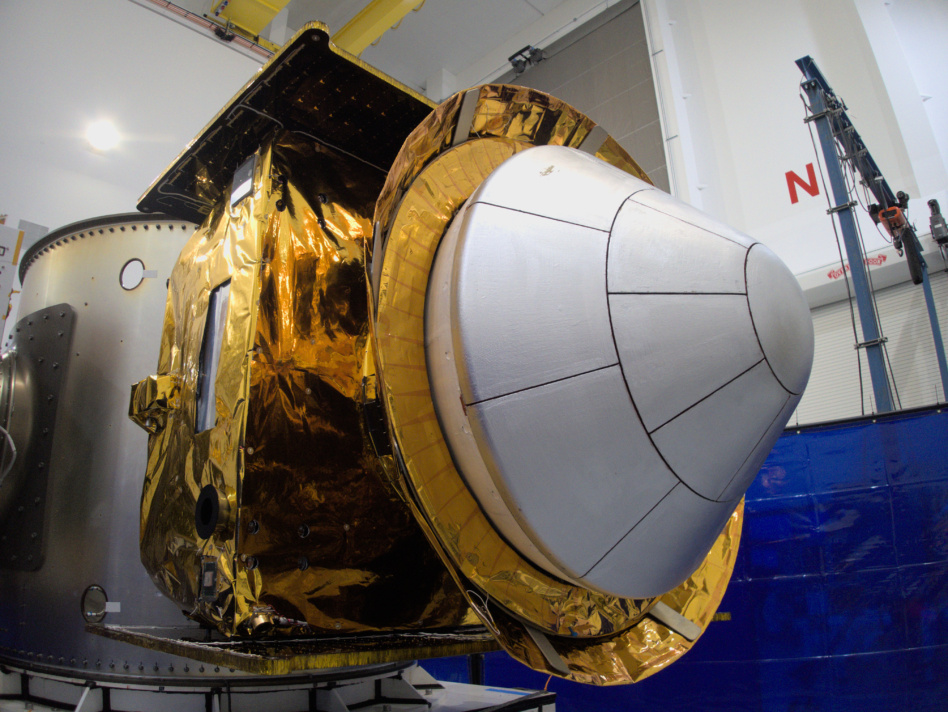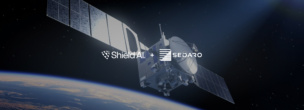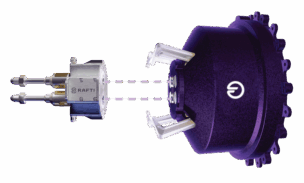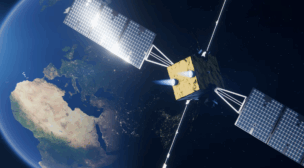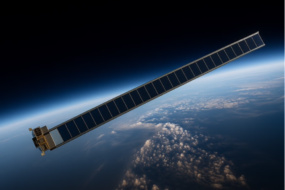Varda’s first in-space manufacturing capsule can’t come back down to Earth.
On Friday, TechCrunch reported that the US Air Force denied Varda Space Industries permission to use a Utah recovery range, and the FAA also denied a reentry license, leaving the company’s orbiting pharmaceutical factory waiting in orbit.
“The request to use the Utah Test and Training Range for the landing location was not granted at this time due to the overall safety, risk and impact analysis,” an FAA spokesperson said in a statement to TechCrunch. “In a separate process, the FAA has not granted a reentry license. All organizations continue working to explore recovery options.”
What goes up…
El Segundo, CA-based Varda Space Industries was founded in 2021 with ambitions to manufacture materials that are difficult or impossible to fabricate in gravity—like certain pharmaceuticals and biomaterials—up in space, where that pesky force of Newton’s doesn’t get in the way. The company has raised >$50M from investors to design, build, and launch its manufacturing spacecraft and return capsule.
The first system headed to space aboard Transporter-8 in June.
- The craft successfully deployed and underwent commissioning.
- The company has reportedly manufactured a batch of ritonavir, a drug used to treat HIV, in space.
…must come down
Varda was hoping that it would get permission from USAF and the FAA to bring its cache down on either Sept. 5 or 7. Those targets came and went, and Varda has still not assuaged the two entities’ concerns about the safety of the reentry. The FAA simply said that the company has not complied with regulatory requirements.
The company posted on Twitter that it’s not yet time to worry:
Still, there’s work to be done. Varda requested that the FAA reconsider its denial on Sept. 8, and that decision is pending.
